Yaman held its 9th Pre-Membership Education Seminar led by its Founder and Chairman Lloyd Luna and Vice Chairman Abbie Ong via Zoom.
The meeting focused on a cooperative development initiative that aims to address issues of wealth and dependency of the Philippines on Overseas Filipino Workers (OFWs).
Franie, an OFW with 20 years of experience, shared his perspective on the challenges facing OFW families, including the loss of culture and the need for education to break the cycle of dependency.
Yaman founder and chairman Lloyd Luna discussed the importance of finding the first 100 founding members to ensure the sustainability of the cooperative, and plans to conduct membership interviews and free educational seminars. The conversation concluded with a call for volunteers and a discussion about the cooperative model, emphasizing volunteerism and cooperative principles.
Economic problems of the Philippines
Luna discussed the challenges facing the Philippine economy, highlighting issues such as poverty, unemployment, underemployment and high levels of debt.
He expressed concern about the systemic and cultural problems that contribute to these issues and emphasized the need to address them to improve the situation for future generations.
He also shared his personal realization that as a Filipino motivational speaker, he has been part of the problem rather than the solution and is now looking for ways to contribute to the solution.
Resolving poverty traps and difficulties
Filipino motivational speaker Lloyd Luna shared some societal issues and leadership challenges, expressing concern about the reactive nature of current leaders and the growing gap between the privileged and underprivileged segments of society.
Luna also identified three traps that contribute to poverty: the “Identity Trap,” where individuals engage in difficult behaviors due to shame and guilt; the “Bahay-Kubo Trap,” which keeps happiness at a moderate level; and the “Competition Trap,” which fosters an environment of constant competition instead of collaboration.
“Success is not a solo sport,” he stressed.
The conversation also addressed the impact of small-mindedness in the Philippines, such as the proliferation of sachets for everyday items, and the need to expand opportunities for disadvantaged groups.
Advocacy for Education and Poverty Reduction
The discussion focused on the challenges of education and poverty, emphasizing the need for collaboration rather than competition. They talked about the concept of an advocacy cooperative, which aims to address poverty through training and education, especially for those who cannot afford it.
They highlighted the importance of removing financial barriers to education and the need for a strategic direction to make people richer, not only financially but also in terms of knowledge and skills.
Cooperative value and education initiatives
Yaman presented the cooperative’s unique value system, which emphasizes collectivism and advocacy while acting as a hybrid between a business and an advocacy center.
The cooperative offers affordable or free training programs, including basic, intermediate and advanced education through Yaman University, which focuses on financial well-being, entrepreneurship, and micro-credentials. They emphasized the importance of collaboration, openness and the need for members to contribute to ensure dividend income, while also addressing challenges in trust and investment in the private sector.
Free training program with expert speakers
They focused on a training program powered by a learning management system, which offers members free access for a year with potential discounts and special products available at a low cost.
The program aims to provide training from industry experts, with a model where trainers can present their materials to a captive audience within a community, promoting the content to their networks. It was noted that while the training is free, there are responsibilities for members and the program is subscription-based for schools and government agencies, with some additional costs for organizing events and hiring speakers.
Overview of the Cooperative Training Model
“This is a new cooperative model that focuses on training and education as a social enterprise,” Luna shared.
“The subscription-based training program, where members pay to learn and can eventually become teaching members, with the cooperative providing financial benefits and dividends is unprecedented and unique — in fact, probably the first in the Philippines,” he continued.
He highlighted that their training fund in the Philippines can amount to 168.6 billion pesos for 48 million employees across the Philippines, with an average cost per person of 3,512 pesos.
The cooperative aims to recruit new members monthly and uses a learning management system to track attendance and certification, while also offering teaching opportunities for retired members as a retirement job.
LMS Subscription and Corporate Options
The meeting highlighted a learning management system (LMS) powered by online education, which allows employees to access training programs from home. Luna explained the subscription model, emphasizing that it’s only at 500 pesos per person per year, the actual cost is only 41 pesos per month per head.
The group also discussed corporate membership options, where companies can save on training subscriptions by becoming a member of the cooperative.
Improving skills for business impact
The meeting focused on sharing knowledge and skills, especially in areas such as insurance, financial planning, and AI, to help participants apply what they learned in real business settings. Rolly Robles, Yaman Advisor, emphasized the importance of implementing the training and suggested selecting the first 100 participants to build a strong group that could effectively use the skills taught.
They also discussed challenges with the training, such as participants not applying what they learned, and agreed on the need for a more comprehensive approach to ensure long-term impact.
They concluded with plans for future sessions and a call for more participants to join and share their knowledge.
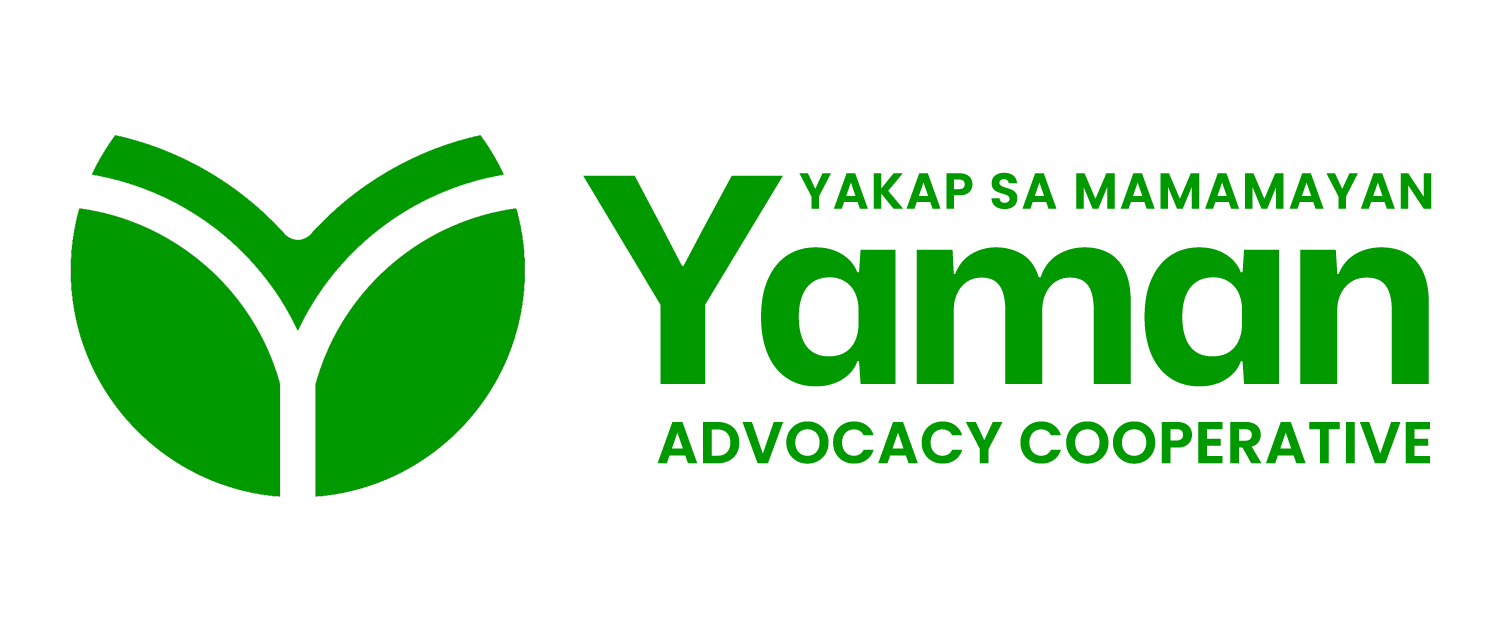
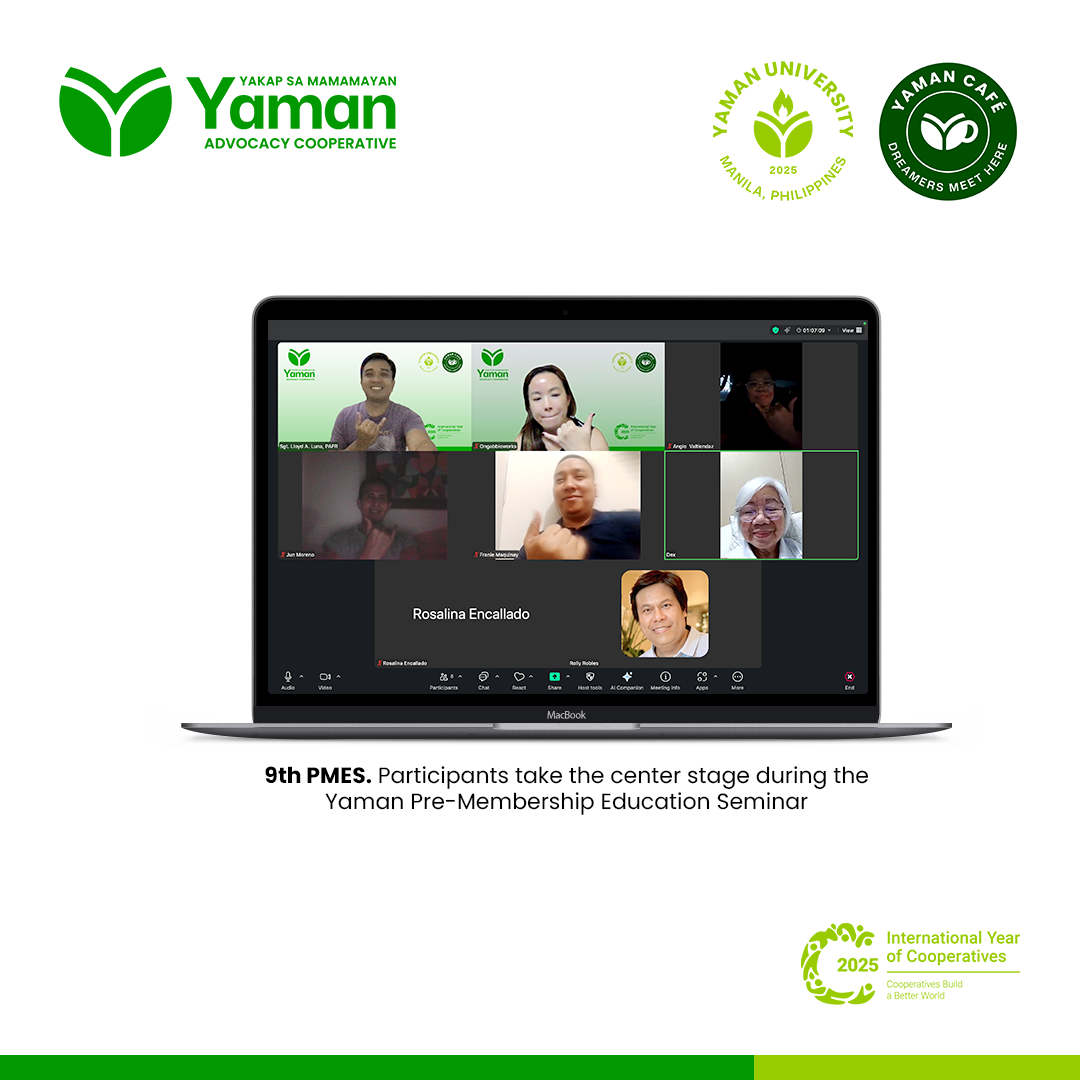
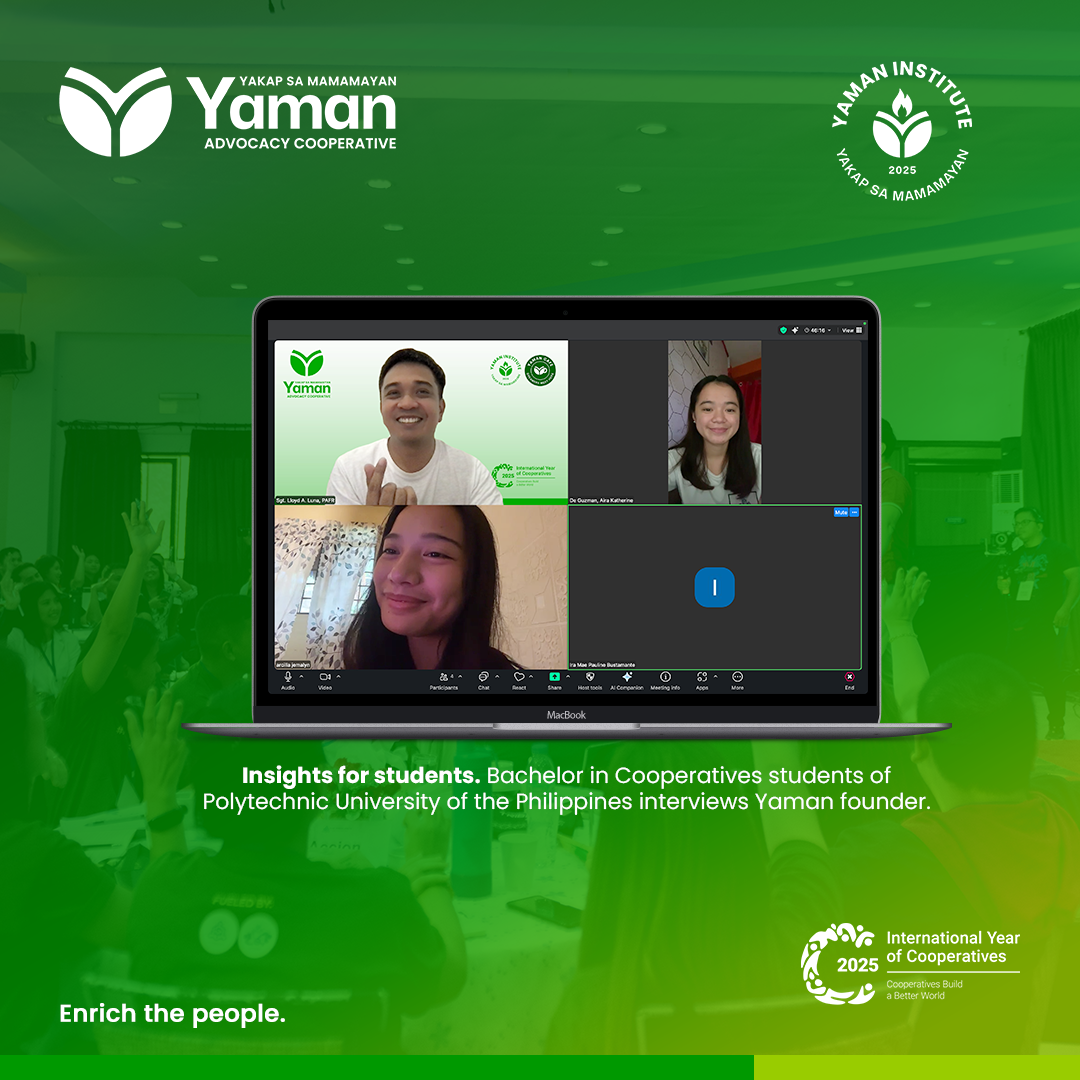
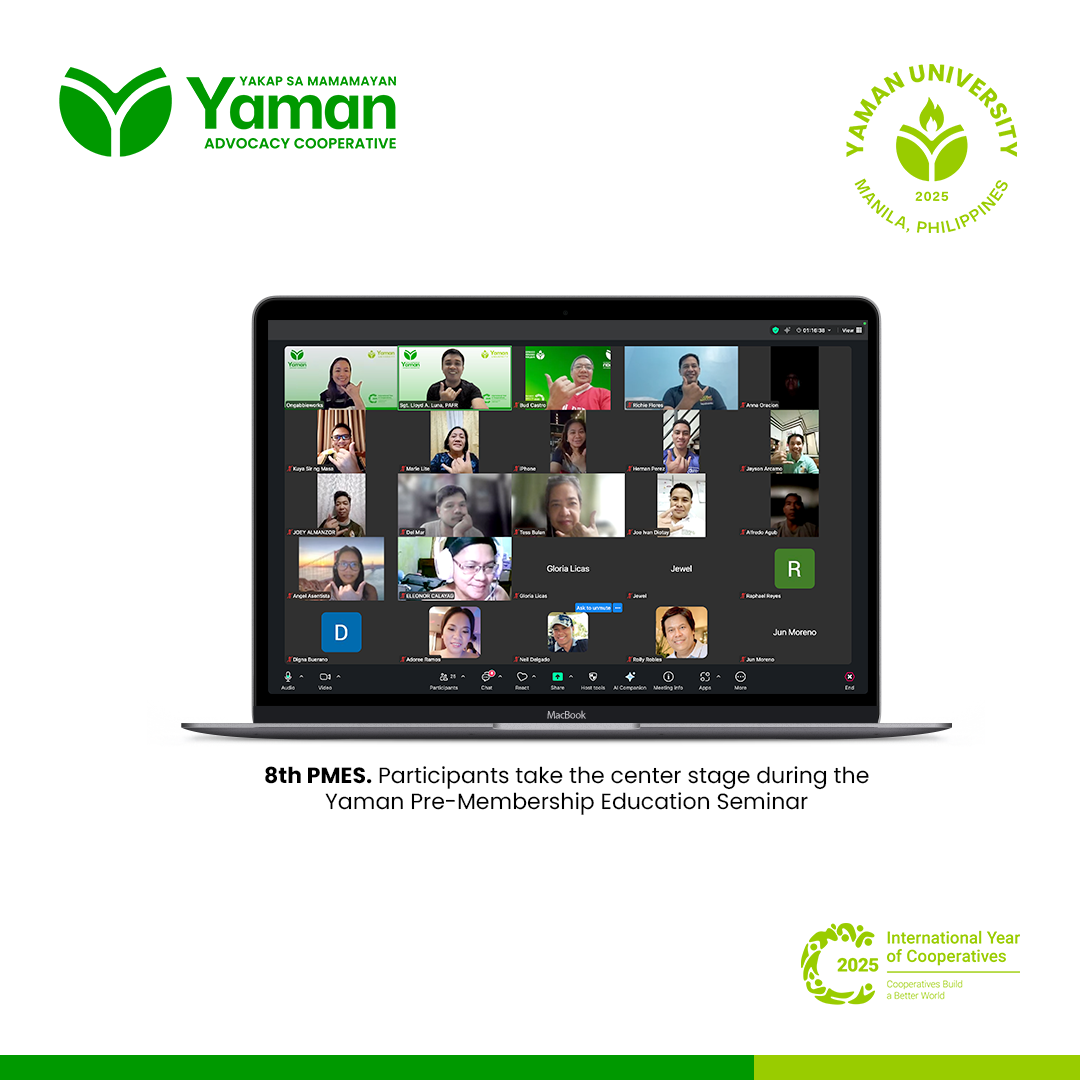
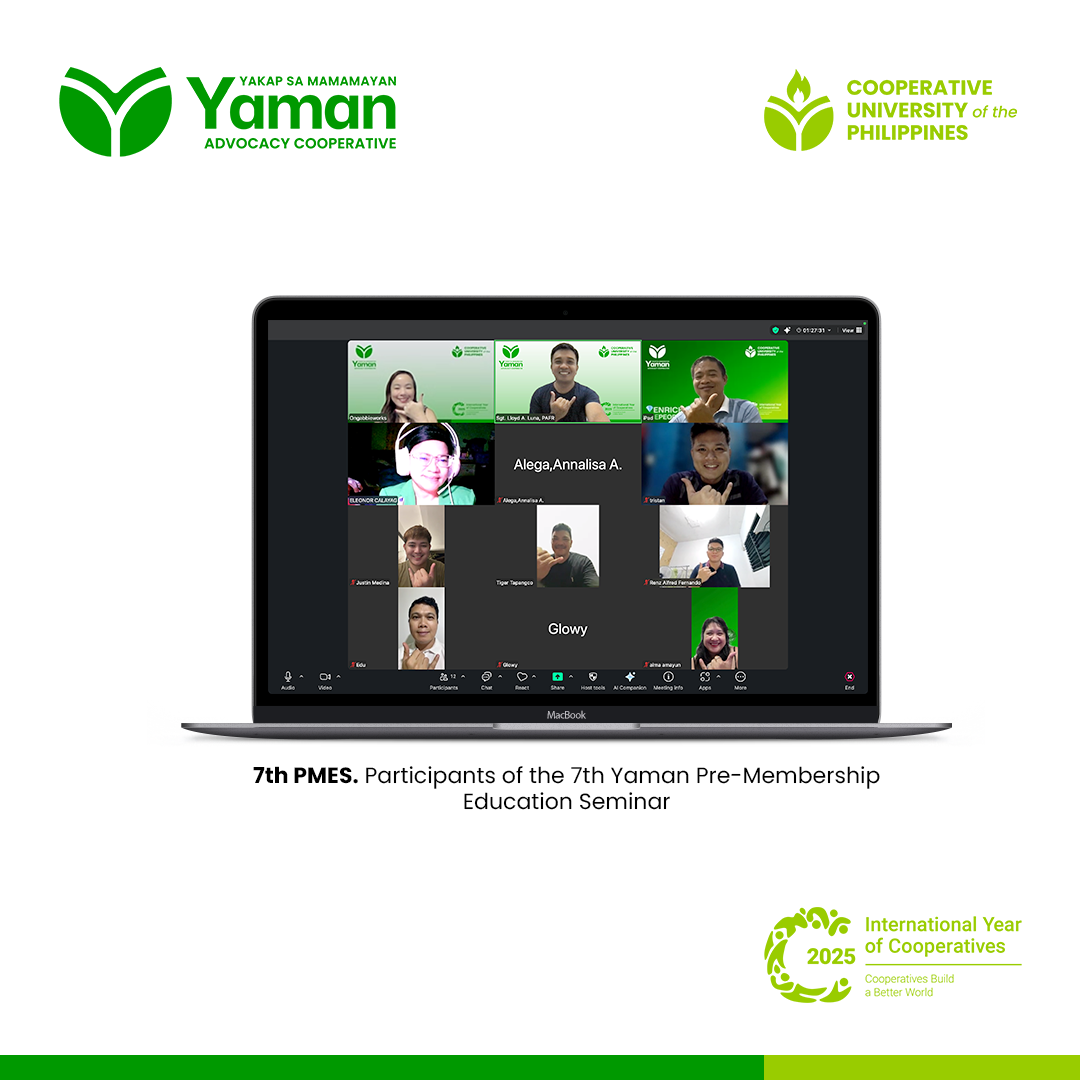
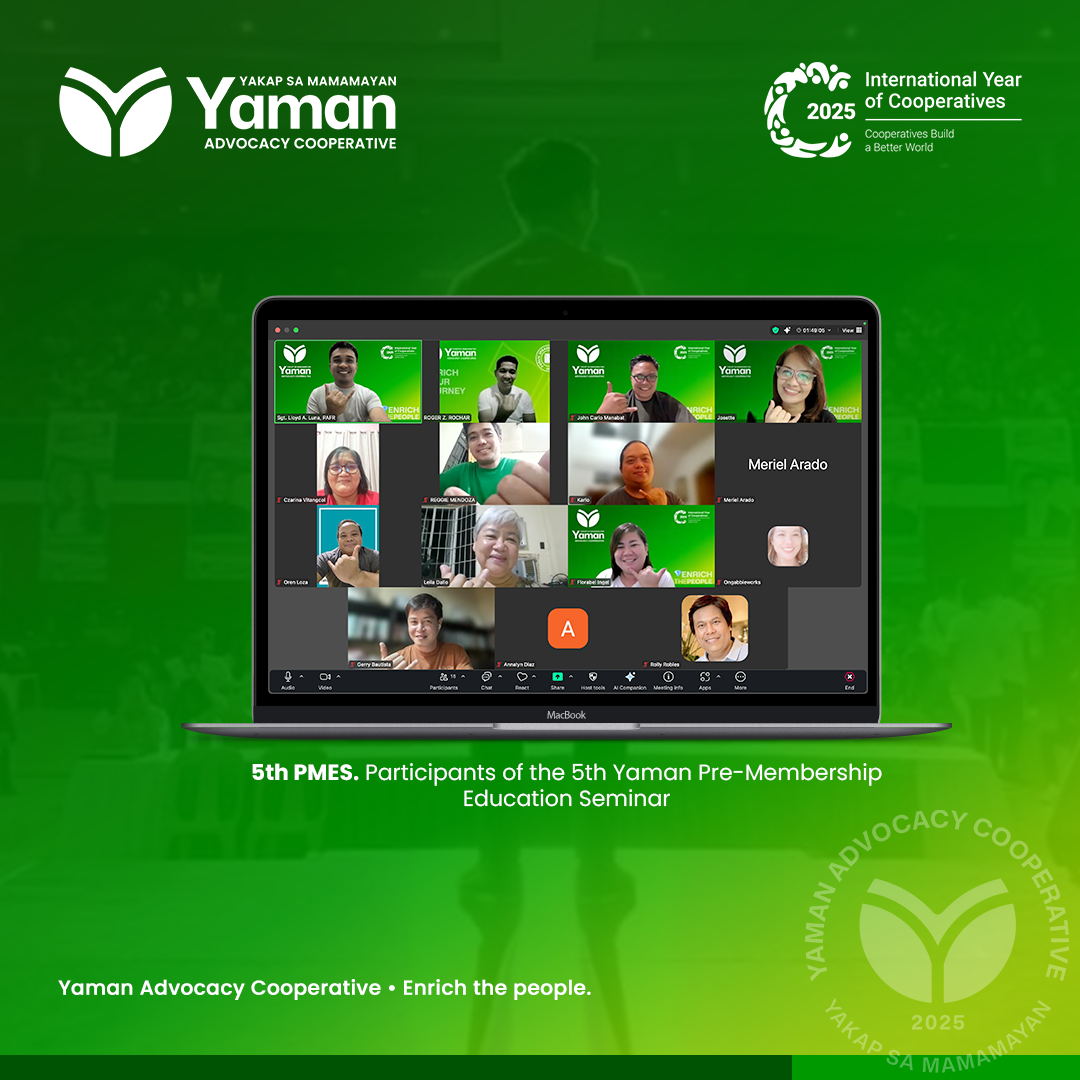
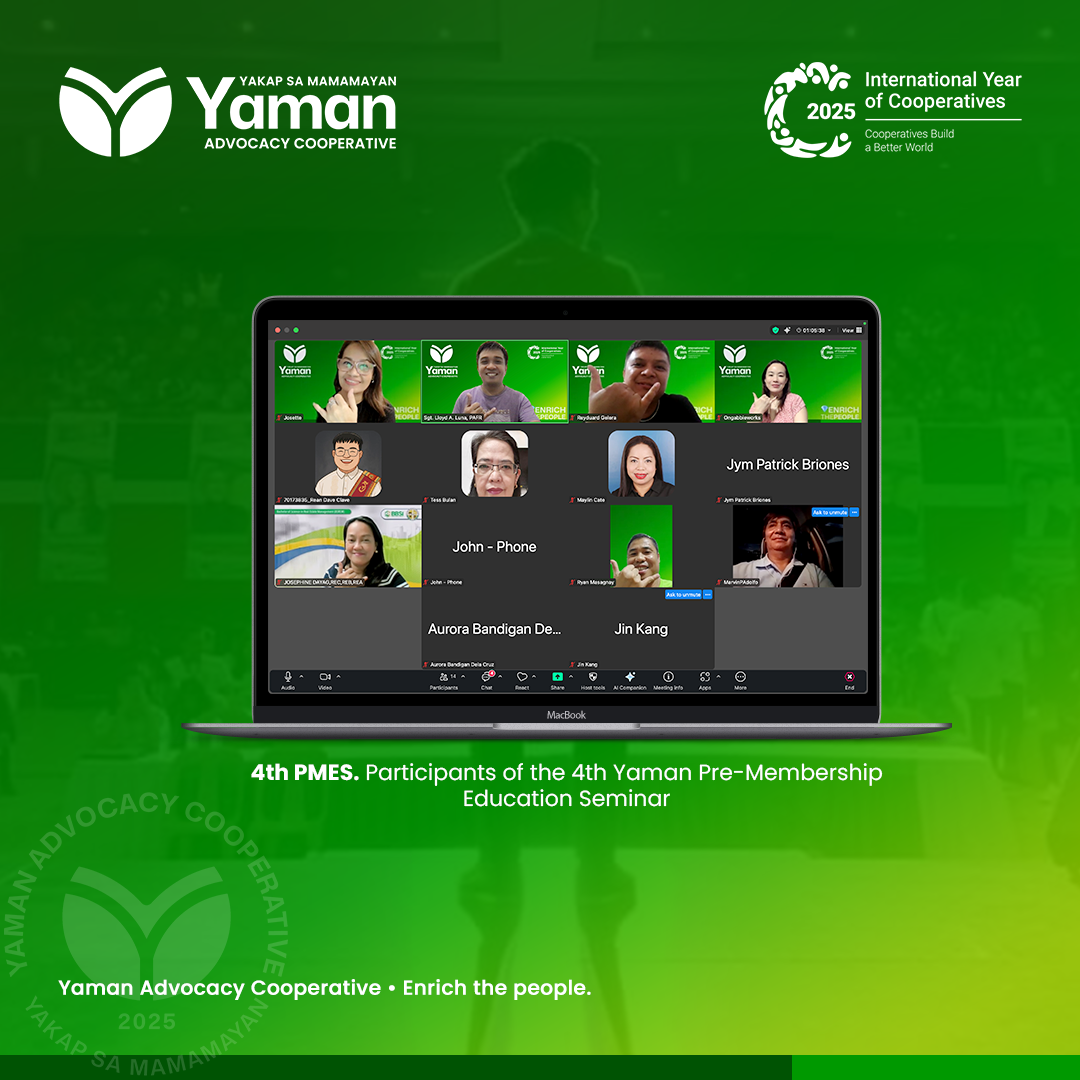
Leave a Reply